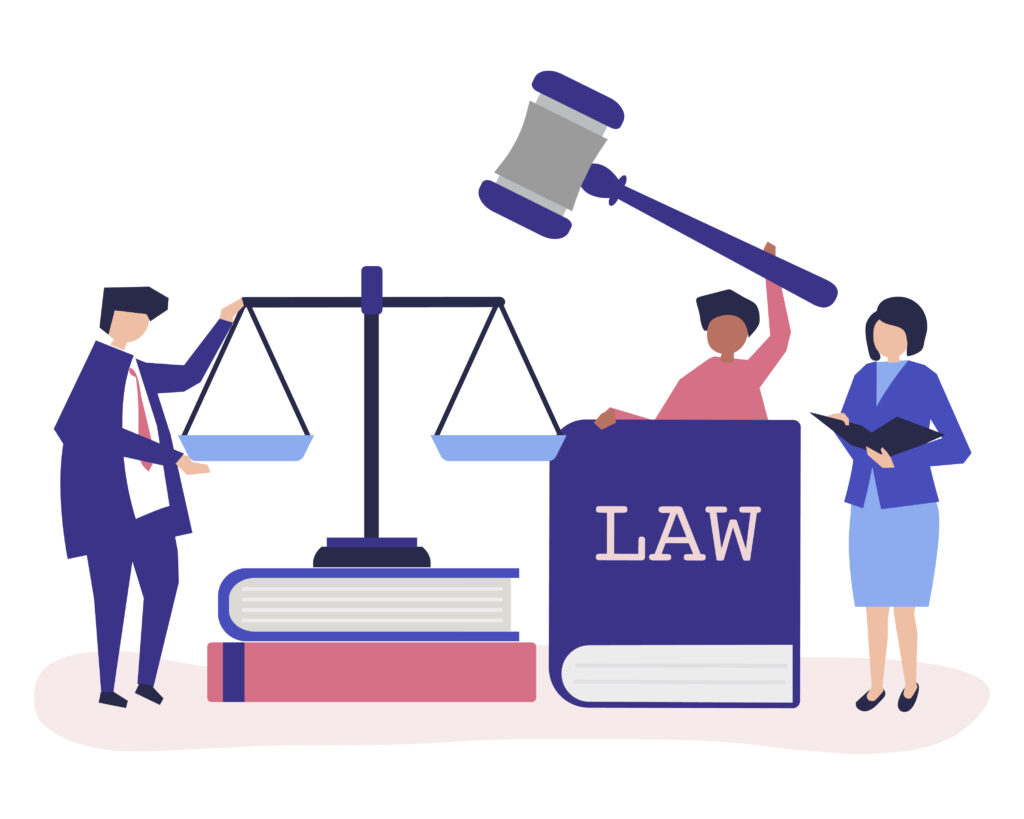
When being asked if I would continue supporting my favorite company or brand after a widespread discrimination allegation, my initial reaction is to say no. However, after further consideration, I would need to understand the complete picture. In today’s highly polarized atmosphere it’s easy to become emotional and react negatively, but it’s important for companies to take the opportunity to learn from their mistakes and not repeat them.
Working as an HR professional, we are often met with accusations of discrimination, retaliation, and unfair practices. The burden of proof is on the employer to prove whether the claims are true or false. As we learned in the lecture this week, a company has two paths when it comes to discrimination claims: 1) do nothing and be reactive or 2) respond and be proactive. If a company quietly settles the lawsuit, it’s possible that discrimination occurred and they’re appeasing the impacted group. If the company takes this as a learning opportunity and institutes diversity training or issues a PR statement regarding their transgressions, I would be more likely to support them again.
It would also depend upon the type of discrimination at play. Is it intentional disparate treatment or unintentional adverse impact? What measures are being put in places to reduce the impact?
Finally, I would consider the maturity of the company. Is it a small employer versus a large corporate brand with resources to train and educate their employees? The most recent example which comes to mind is the Philadelphia Starbucks which called the police for trespassing on two minority gentlemen sitting at their café. Starbucks recognized their lapse of judgment in this situation, closed their stores for a day, and required anti-bias training for employees.
